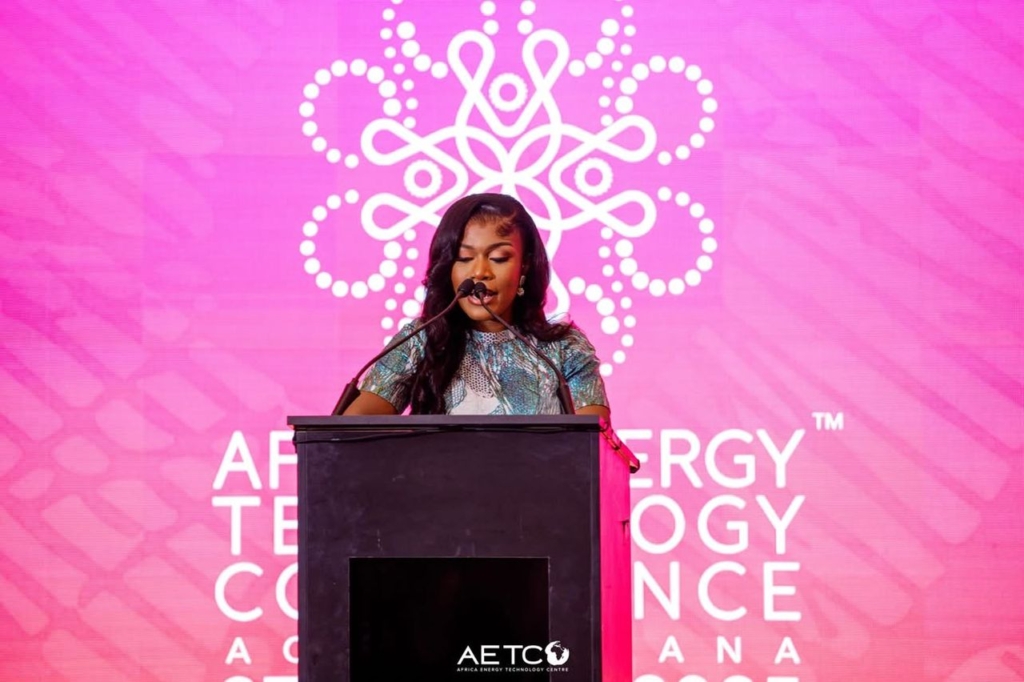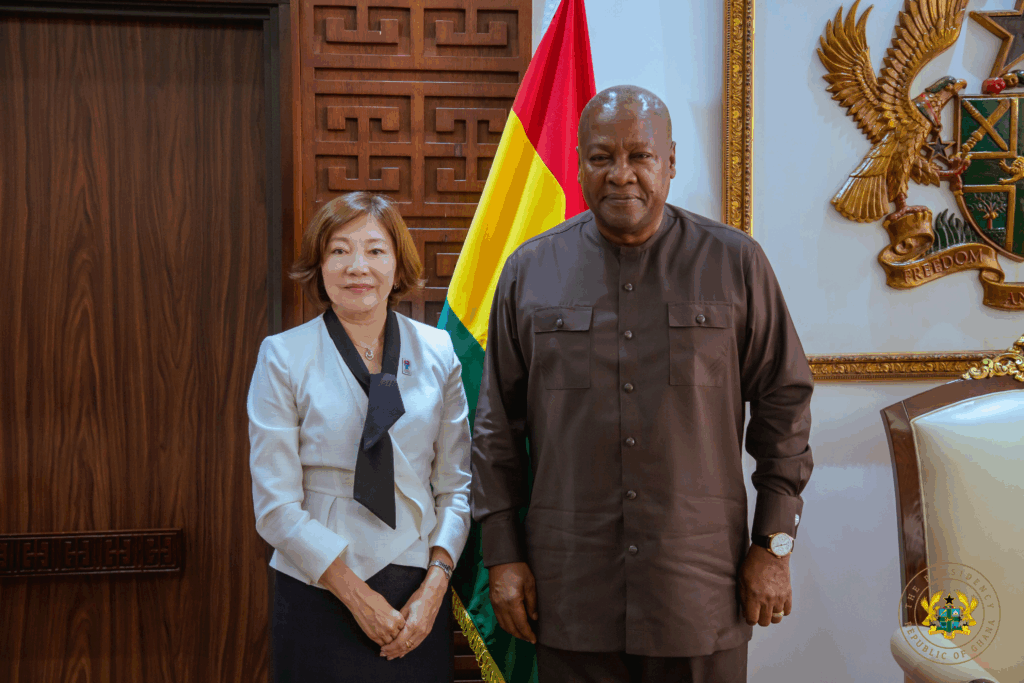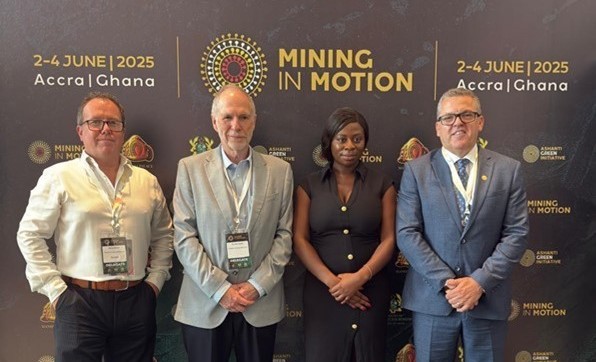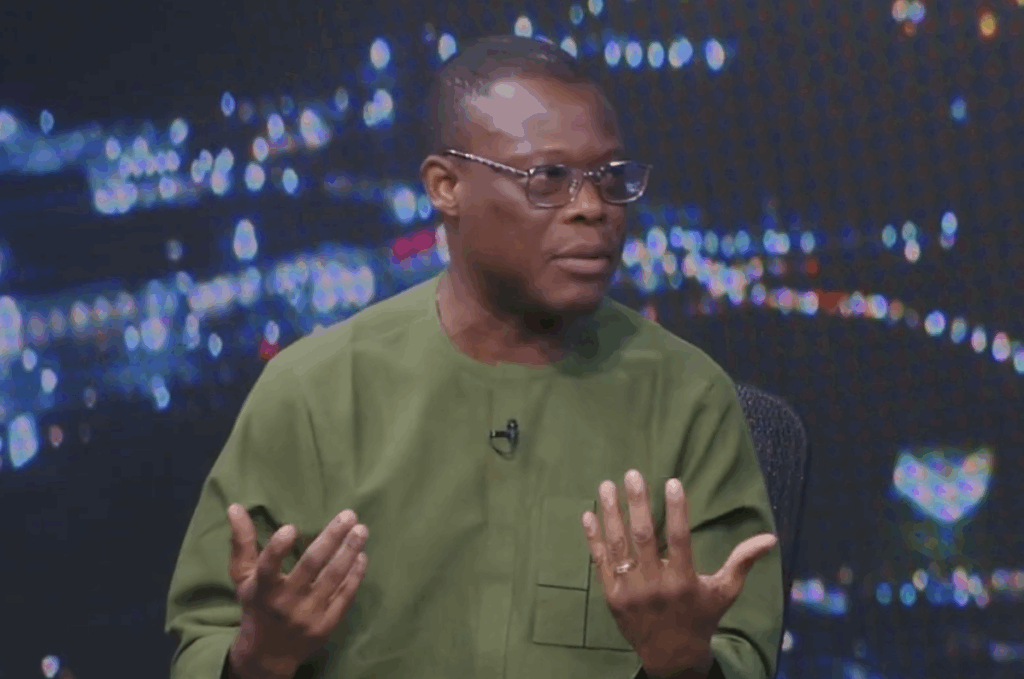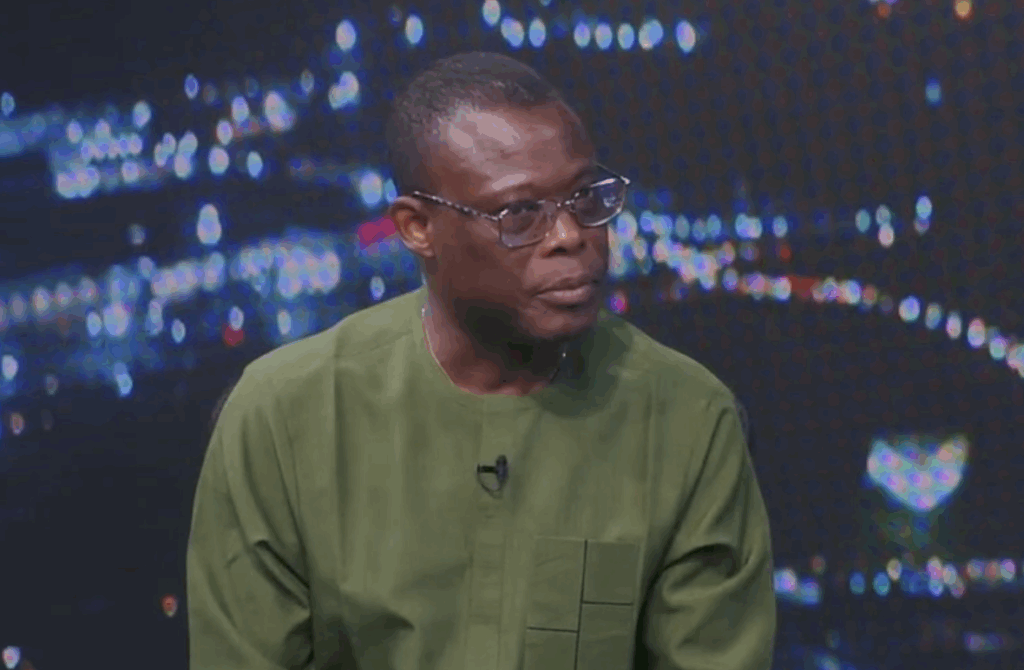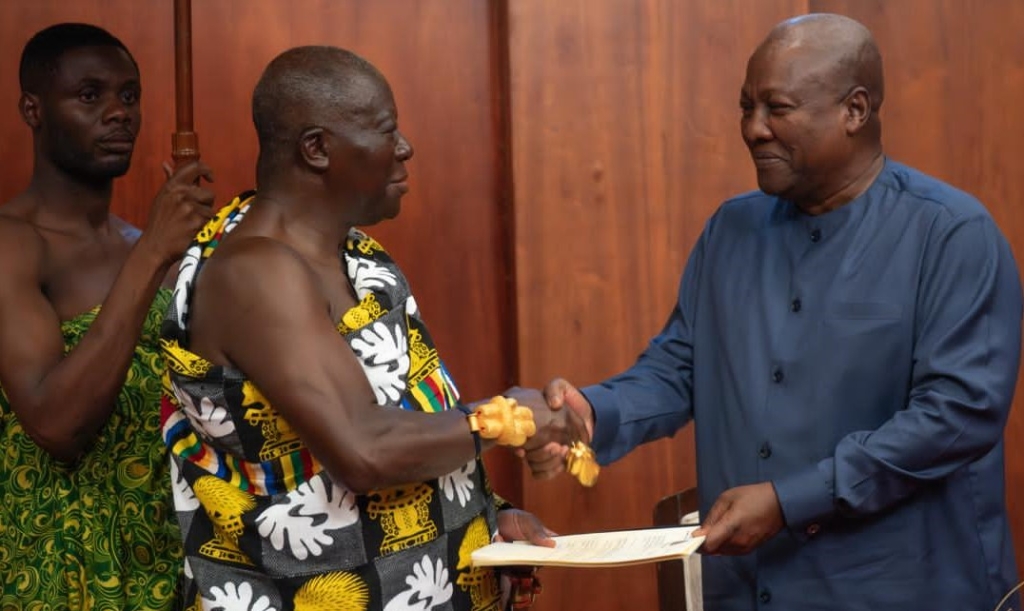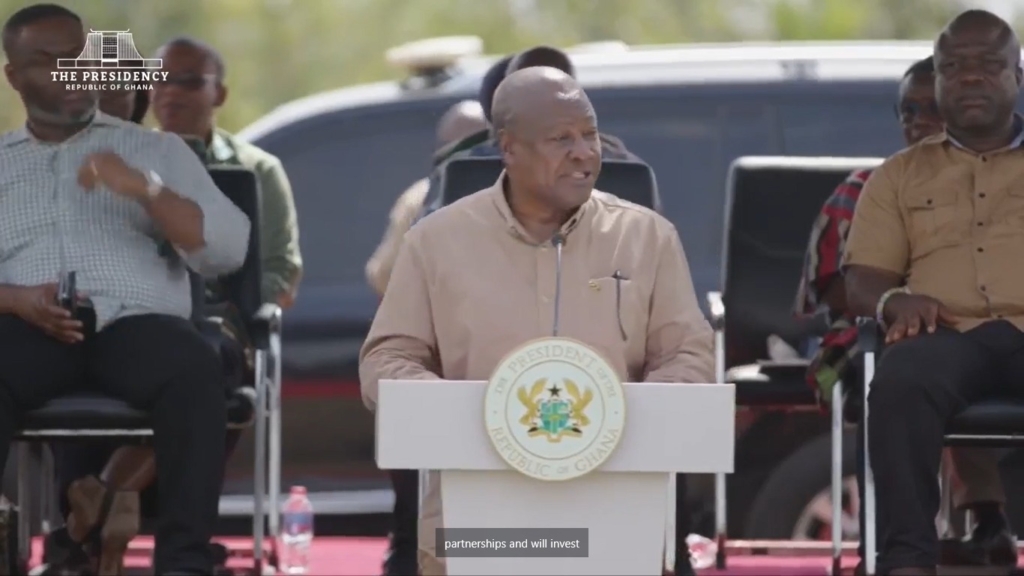The second edition of the Africa Energy Technology Conference (AETC 2025) concluded in Accra, Ghana, with resounding success, marking a significant milestone in Africa’s energy revolution.
Hosted under the theme “Innovate, Invest, Implement: Revolutionised Financing for Sustainable Energy Sector Growth in Africa”, this year’s gathering attracted high-level dignitaries, international development partners, policymakers, investors, entrepreneurs, and changemakers from across the continent and beyond.
Spearheaded by the Africa Energy Technology Centre (AETC), a pioneering institution focused on advancing homegrown innovation, policy integration, and capital deployment across the energy value chain, the conference provided a powerful platform for reimagining Africa’s energy future.
Founded by Emelia Akumah, AETC is dedicated to building the first smart energy technology hub for Africa. A space where cutting-edge technology, strategic capital, and local expertise converge to solve the continent’s most pressing energy challenges.
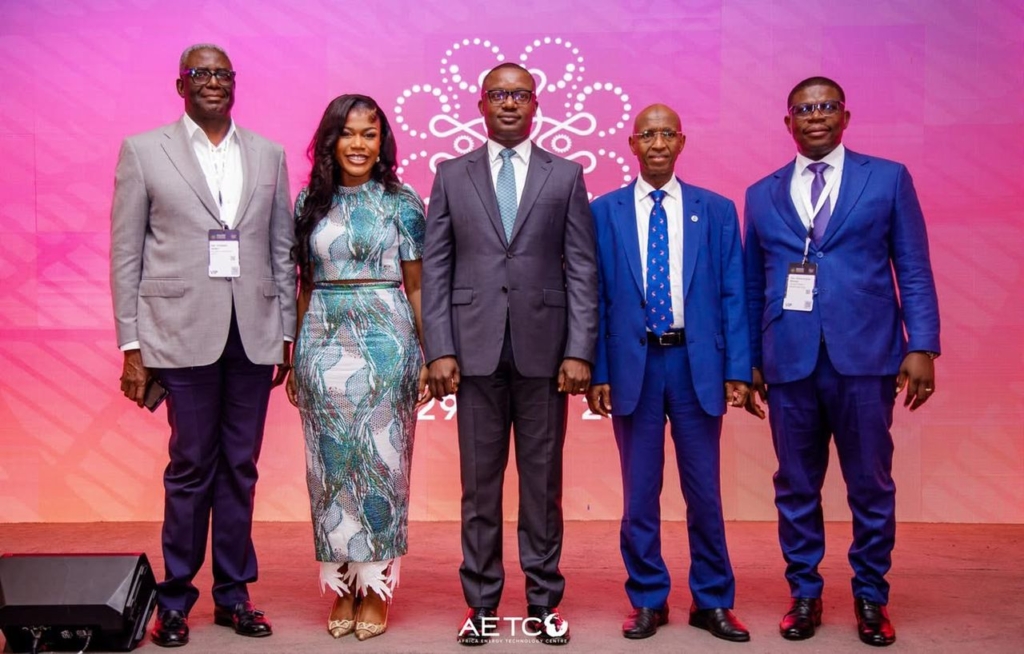
AETC 2025 featured compelling keynote addresses, panel discussions, investment forums, and strategic exhibitions that collectively underscored the need for a unified African approach to sustainable energy.
Highlights included:
A Clear Vision for a Smart Energy Future: AETC reaffirmed its mission to build Africa’s first smart energy technology hub—a facility that will drive collaboration among technologists, financiers, and policymakers to deliver sustainable, scalable solutions for the continent’s unique energy needs.
Intra-African Energy Trade and Integration: Discussions emphasised the urgency of initiating and sustaining intra-African energy trade to create a truly integrated African energy market. Speakers from APPO and national governments stressed regional cooperation and infrastructure development as the cornerstone for energy resilience and economic growth.
Revolutionising Financing for African Energy Projects: A core takeaway from the conference was the need to unlock new financing models that prioritize innovation, inclusion, and local ownership. Participants explored strategies to make African energy projects more bankable, reduce investment risk, and catalyze public-private partnerships. Bridging the finance gap will be critical to achieving energy access for the over 600 million Africans still living without electricity.
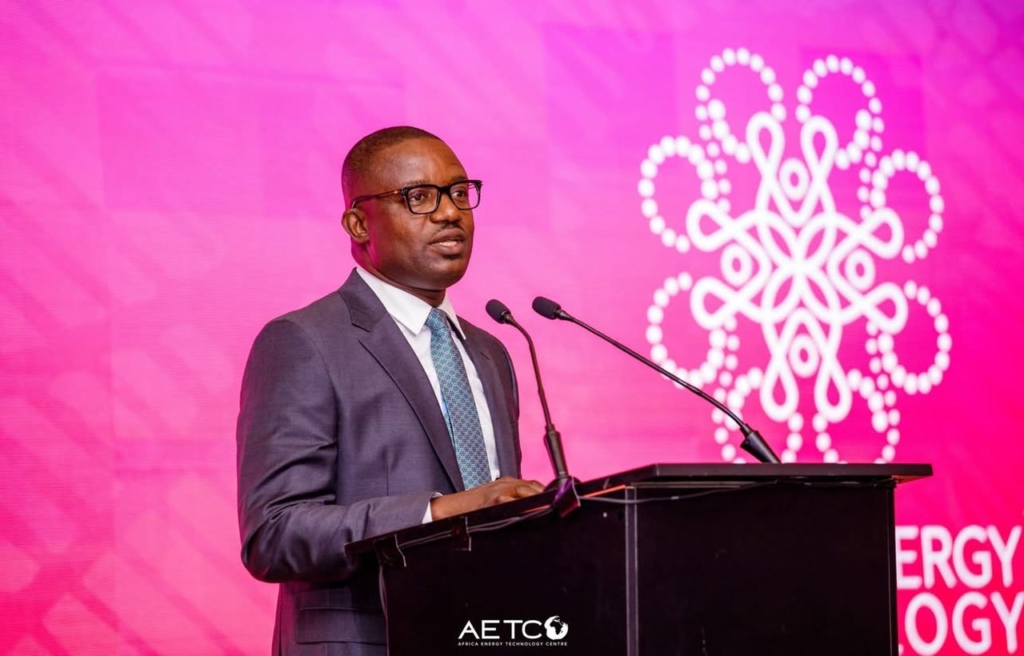
Keynote speakers included Ghana’s Minister for Energy, John Jinapor, who delivered a rousing address on the importance of energy collaboration and innovation. He also announced new government policies, such as solar-powered streetlights as part of Ghana’s energy diversification agenda.
Nigeria’s Minister of State for Petroleum Resources (Gas), Ekperikpe Ekpo, urged regional collaboration to unlock Africa’s gas potential. Citing Nigeria’s 200+ trillion cubic feet of reserves, he highlighted pipeline projects like the West African and Trans-Saharan Gas Pipelines to foster regional integration.
The Minister emphasized using gas primarily for domestic industrialization, fertilizer, electricity, and job creation within Africa, not just for export.
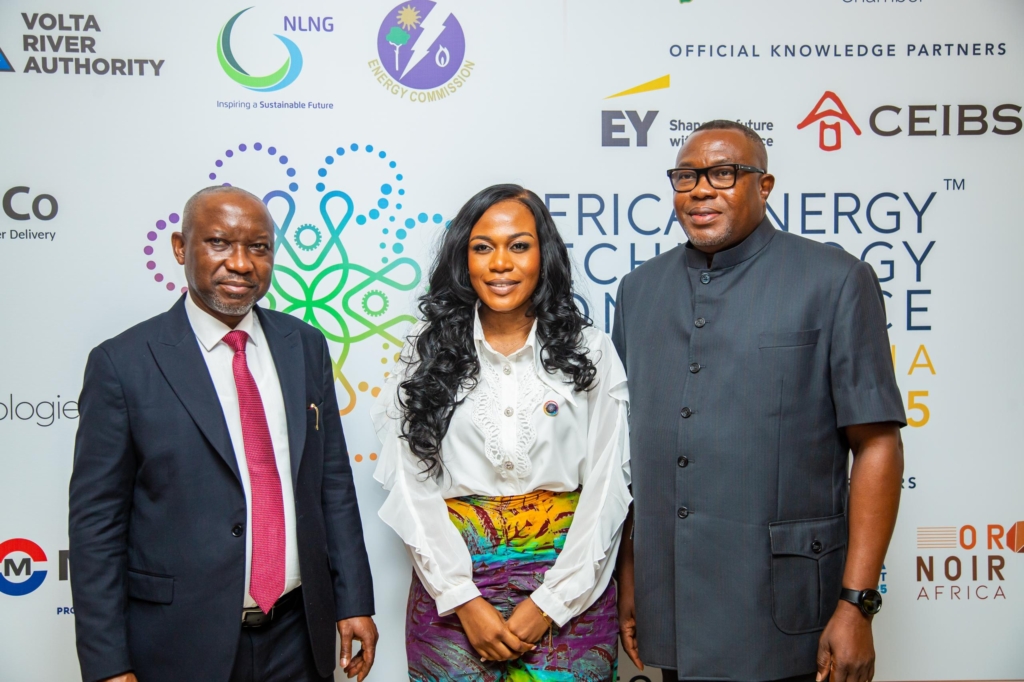
The Secretary General of APPO, Dr. Omar Farouk Ibrahim, reminded participants that Africa must strategically use its natural oil and gas resources to lift its people out of poverty while investing in cleaner options for the future.
Remote keynote remarks were also delivered by Mr. Francesco La Camera, Director General of IRENA, and Damilola Ogunbiyi, CEO of Sustainable Energy for All, underscoring the global significance of Africa’s energy transition.
Founder and President of AETC, Emelia Akumah, delivered a passionate call to action, stating: “The future of energy is African—not just because of our resources, but because of our resolve. Through technology, collaboration, and bold financing, we will transform Africa’s energy landscape from one of scarcity to one of shared prosperity.”
As AETC 2025 draws to a close, the Centre looks forward to deepening its partnerships with governments, the private sector, and development institutions to drive forward the bold ideas and actions birthed at the conference. From forging intra-African energy partnerships to laying the foundation for the continent’s first smart energy tech hub, the work has only just begun.
Africa’s energy transformation is here—and it is African-led.
DISCLAIMER: The Views, Comments, Opinions, Contributions and Statements made by Readers and Contributors on this platform do not necessarily represent the views or policy of Multimedia Group Limited.
DISCLAIMER: The Views, Comments, Opinions, Contributions and Statements made by Readers and Contributors on this platform do not necessarily represent the views or policy of Multimedia Group Limited.



